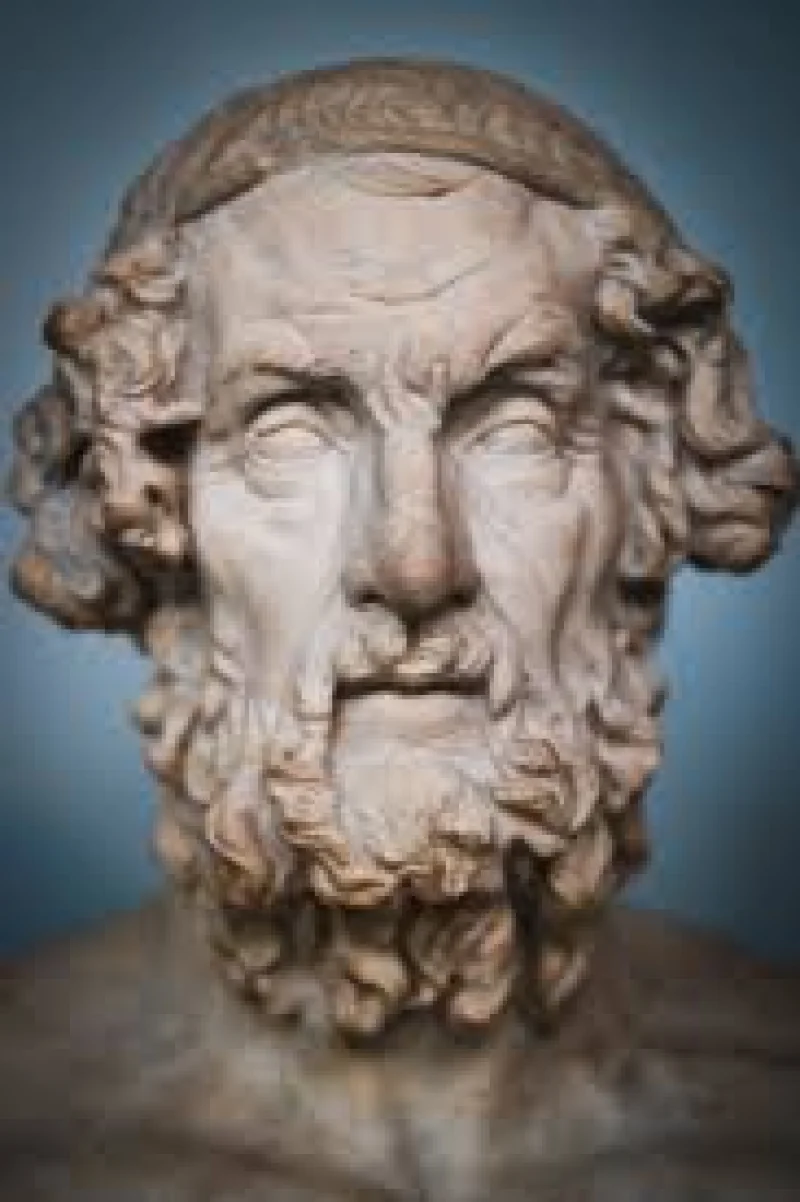Short Summary
Salman Rushdie is a renowned British-Indian novelist and essayist, celebrated for his rich storytelling and complex narratives. His most notable work, "Midnight's Children," won the Booker Prize in 1981 and established him as a leading figure in contemporary literature. Rushdie gained international fame with "The Satanic Verses," which provoked controversy and led to a fatwa calling for his death. Despite challenges, he has continued to write and contribute significantly to literature and free speech advocacy.
Early Life & Education
Born on June 19, 1947, in Bombay, India, Salman Rushdie was raised in a liberal Muslim family. His father, Anis Ahmed Rushdie, was a Cambridge-educated businessman, and his mother, Negin Bhatt, was a teacher. Rushdie attended the Cathedral and John Connon School in Mumbai before moving to England to study at Rugby School. He later attended King's College, Cambridge, where he read history. His multicultural upbringing and education in both India and England profoundly influenced his literary perspective and themes.
Career Highlights
Rushdie's literary career began with the publication of "Grimus" in 1975, but it was his second novel, "Midnight's Children," that brought him critical acclaim and commercial success. The novel won the Booker Prize in 1981 and was later awarded the Booker of Bookers. In 1988, he published "The Satanic Verses," which stirred global controversy and resulted in a fatwa from Iran's Ayatollah Khomeini. Despite this, Rushdie continued to write prolifically, producing works like "The Moor's Last Sigh" and "The Ground Beneath Her Feet," further cementing his reputation as a master storyteller.
Major Achievements
- Won the Booker Prize for "Midnight's Children" in 1981, marking his breakthrough in literature.
- Received the Booker of Bookers in 1993 and 2008, honoring "Midnight's Children" as the best among Booker winners.
- Awarded the Golden PEN Award in 2009 for a distinguished career in literature.
- Named a Knight Bachelor in 2007 for services to literature.
- Received the Hans Christian Andersen Literature Award in 2014.
Famous Quotes
- "What is freedom of expression? Without the freedom to offend, it ceases to exist."
- "Books choose their authors; the act of creation is not entirely a rational and conscious one."
Interesting Facts
- Rushdie's "Midnight's Children" was adapted into a film directed by Deepa Mehta in 2012.
- He has been married four times and has two children.
- Rushdie has made cameo appearances in several films and television shows, including "Bridget Jones's Diary."
- He served as president of the PEN American Center, advocating for free expression.
- Rushdie spent years in hiding under police protection after the fatwa was issued.
Legacy / Influence
Salman Rushdie's work has left a profound impact on contemporary literature, particularly in the genre of magical realism. His exploration of identity, culture, and politics continues to resonate with readers worldwide. Despite controversies, he remains a staunch advocate for freedom of expression, influencing both literary and political spheres. Rushdie's narratives intertwine the personal with the historical, offering insights into postcolonial and global issues.
FAQ
Q: Why is Salman Rushdie famous?
A: He is famous for his novel "Midnight's Children" and the controversy surrounding "The Satanic Verses."
Q: What is "The Satanic Verses"?
A: It is a novel published in 1988 that led to significant controversy and a fatwa calling for Rushdie's death.
Q: Has Salman Rushdie won any awards?
A: Yes, he has won several, including the Booker Prize and the Booker of Bookers.
Q: What are some themes in Rushdie's work?
A: His works often explore themes of identity, cultural conflict, and the power of storytelling.










